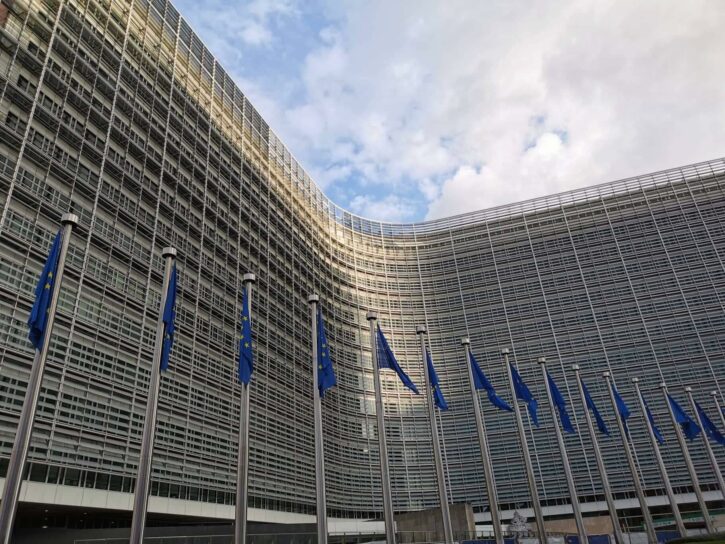
The European Commission adopted a new accession methodology for the countries of the Western Balkans, Neighbourhood and Enlargement Commissioner Olivér Várhelyi said on Wednesday.
“Our proposal for a revised methodology was adopted by the European Commission today. It aims to make accession negotiations more credible, dynamic, predictable and with a stronger political steer,” the commissioner wrote on his Twitter account.
Our proposal for a revised methodology adopted by @EU_Commission today: it aims to make accession negotiations more credible, dynamic, predictable and with stronger political steer. https://t.co/Ia6UwRisz9
— Oliver Varhelyi (@OliverVarhelyi) February 5, 2020
“The European Union accession process needs to rest on solid trust and mutual confidence. Focus on fundamental reforms will be strengthened, while the EU needs to deliver on its commitment when candidates meet conditions,” he added.
According to the commissioner, the EU needs to have stronger engagement in the Western Balkans at all levels, including the one through regular summits. “We want to involve the member states more strongly in the monitoring and review of progress,” he said and added that “stronger political steer” is needed on both sides because of the political nature of the accession process.
He said that the conditions for accession are defined more clearly along with the positive impact when progress is made and negative consequences due to lack of progress. “With faster reform progress faster advancing and with stagnation or backsliding, corrective measures can be taken,” Varhelyi said.
He said that the revised methodology is one of three tracks. “We will be working on the opening of accession talks with North Macedonia and Albania in parallel and we will come forward with economic development and investment plan for the region ahead of the Zagreb summit in May.”
The new methodology says that a credible accession perspective is the key incentive and driver of transformation in the region and is a key tool to promote democracy, rule of law and respect for fundamental rights and adds that maintaining and enhancing this policy is indispensable for the EU’s credibility, success and influence in the region. It also warned that the effectiveness of the accession process must be improved to be better equipped to deal with structural weaknesses in the countries of the Western Balkans.
The overall aim of the Commission’s proposals is to enhance credibility and trust on both sides and yield better results on the ground. The proposed changes can be accommodated within existing negotiating frameworks, ensuring a level playing field in the region, it said.
According to the new methodology, this means that the negotiating frameworks for Serbia and Montenegro will not be amended but the proposed changes could be accommodated within the existing frameworks with the agreement of these two countries.
All efforts need to be undertaken to resolve bilateral disputes, with a particular emphasis on the EU-facilitated dialogue between Belgrade and Pristina, which should be concluded with a comprehensive, legally binding normalisation agreement, the proposal said.




